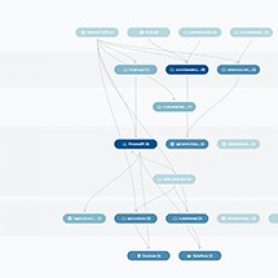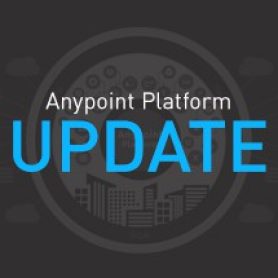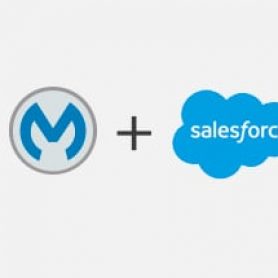How a Faster, More Secure API Gateway Can Create Exceptional Customer Experiences
Adopting APIs has allowed organizations to create exceptional customer experiences that help businesses meet and exceed their goals. And as API use increases across
Intelligence and the application network graph
Since our Anypoint Platform October 2018 release, you've likely heard us talking a lot about the application network graph. We have continued to build
Have a safe microservice journey!
An architecture needs to bend, not break, as new innovations, best practices, and needs emerge. In this post, I’ll explore the broader landscape we
Proxying with API Manager
We often expose the proxy APIs that connect applications to their backend APIs. With a proxy API, the application continues to run without issue
Announcing Mule 3.8: A unified runtime for integration and API management
As part of our upcoming Anypoint Platform June 2016 announcement, we are excited to release Mule 3.8. This release extends the flexibility of Mule,
Salesforce Solutions from MuleSoft
MuleSoft makes connecting anything easy, and connecting to Salesforce is not an exception. From out-of-the-box tooling to packaged integration patterns, in this blog post you
How to create and use OData APIs for any connectivity need
In my blogpost last week, I shared how, in just 5 minutes, you can expose MySQL, DB2, SQLServer, Oracle or SAP datasource as an OData
Using Anypoint Data Gateway for Lightning Connect, all within Anypoint Platform
Anypoint Data Gateway for Lightning Connect is a packaged cloud service that allows you to quickly and easily integrate data stored in legacy back-office
Anypoint Platform January update: improved usability and policy management
This week we've released a number of updates to Anypoint Platform, including new versions of API Manager, Anypoint Analytics, Anypoint API Gateway, Anypoint MQ and
Performance of API Gateway policies
When deployed as an API Gateway and managed with API Manager, the highly performant Anypoint Platform enables you to control which traffic is authorized


















